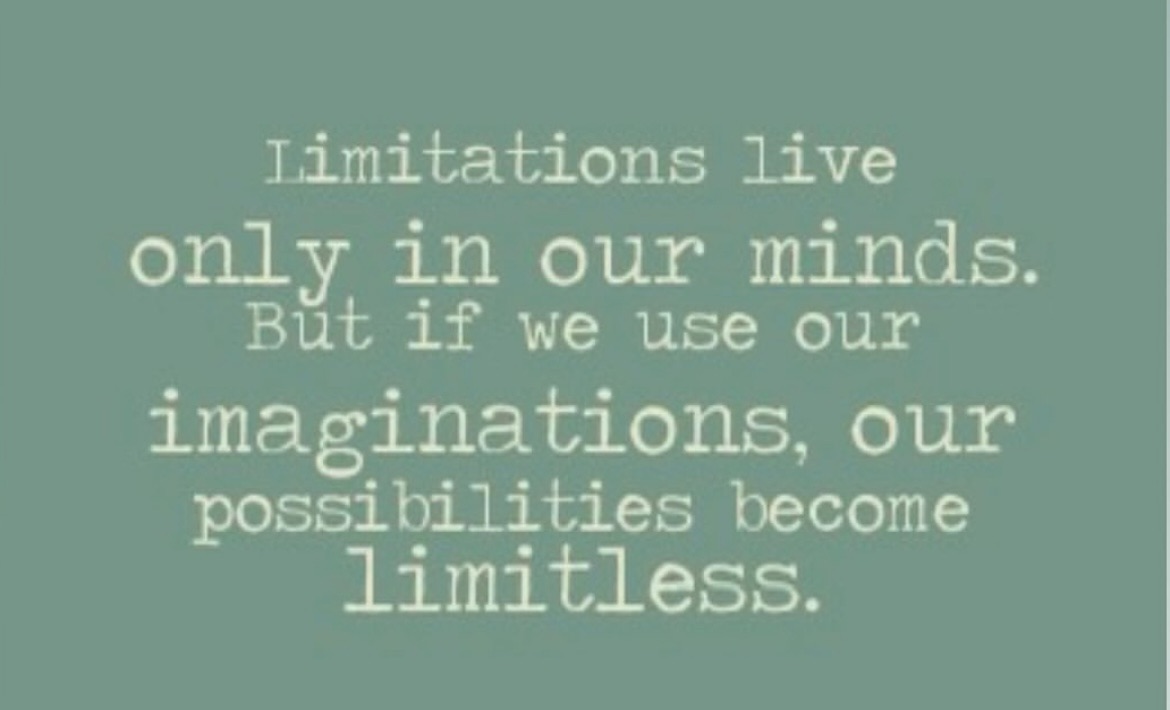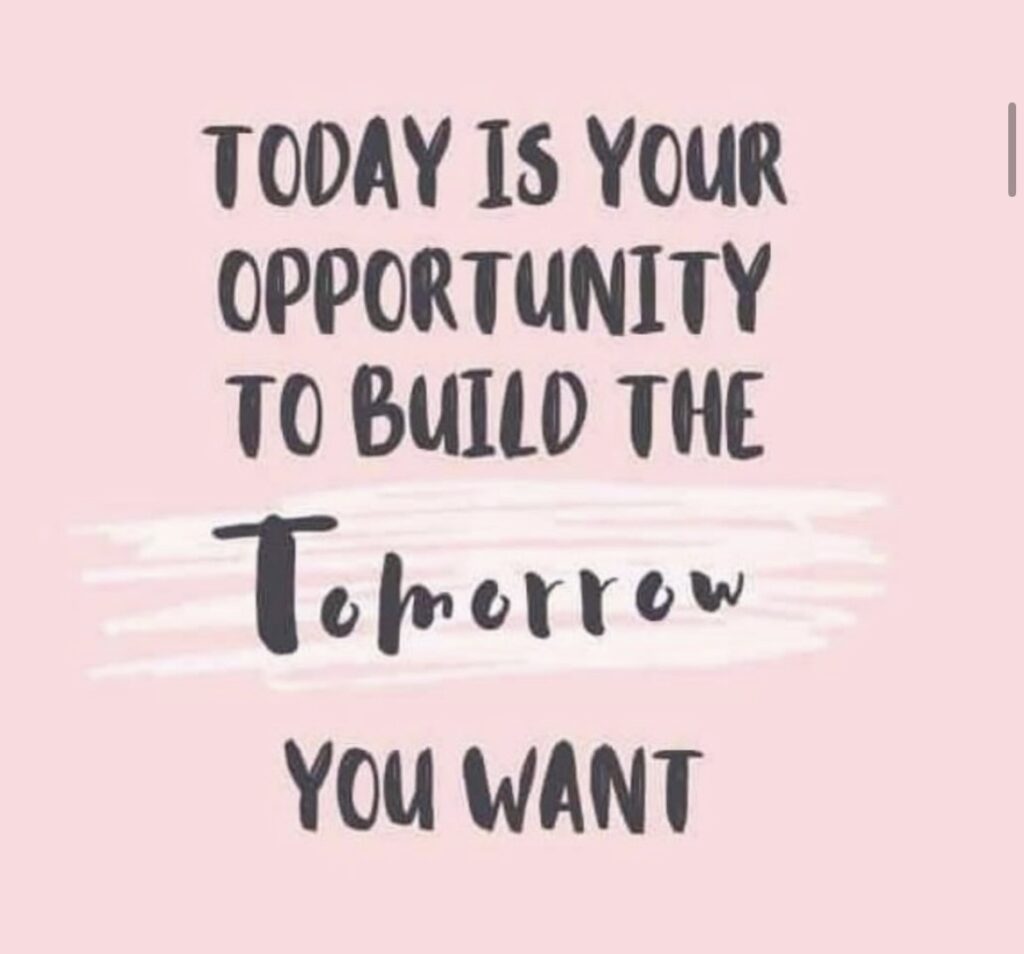It’s hard to believe but the average person has over 60,000 thoughts a day, and of those 60,000, 90% of them are repetitive.
Those thoughts come from a combination of ideas, concepts, theories, opinions, biases, prejudices, beliefs, values, knowledge and experiences. Some have a positive influence on our behaviour and some, a negative. Many of them have been subconsciously embedded into our brains for many years and are just accepted as the ‘truth’.

But have you ever wondered how your thoughts shape the way you live and how much control you have over them?
What we think directly influences how we feel about something, and the emotions produced determine how we behave or act. The results we experience are ultimately the consequences of this action (or lack of).
Where do thoughts come from, and how can they shape how we view the world and how we interpret events?
The human brain is complex and not something I’m going to discuss here – I’m all about the practical application of ‘this is how it is and what can we do to maximise its potential’ mindset.
The concept of translating our thoughts into stories about different aspects of our lives, create our beliefs about ourselves, other people and the world. Our own (made up) stories affect what we do, where we go, and how we approach life, so it’s vital to understand how we can use this to our advantage, adapting our thoughts to create a life of possibilities not limitations.
Where do we start?
Before we can begin to understand how to make this work for us, we need to be aware of our existing thoughts and beliefs about things. Remember, circumstances in life are events that have no meaning. We have no control over them. Of course we can influence them, but the only thing we can actually control is the meaning we attach to them and our chosen response.
That’s not to say we can choose to think positively about all situations because that’s just not realistic. It’s undeniable certain situations can be incredibly challenging, difficult and sad and it’s important for us to experience the full range of emotions both positive and negative, but are we doing ourselves a disservice by not at least identifying what we are thinking and challenging whether or not these stories are actually ‘true’.

What Stories Are You Telling Yourself?
Remember, the events that happen in your life are objective but the experiences and feelings these events create for you are not.
How would you answer the following questions?
- Do you often think about how something is going to work out even if you don’t quite know how or do you believe nothing will work out for you regardless of how hard you try?
- Do you think about the less favourable things in your life or everything that is good?
- Do you think about what you want out of life or just about the things you are trying to avoid?
I would imagine most people will have a mix of these thoughts and beliefs dependant on which area of their lives they are focusing on.
But can you see how being optimistic that things will work out rather than assuming they are going to go wrong – or thinking something will provide a good learning opportunity regardless of the end result, rather than seeing it as a complete waste of time and energy, is going to make huge differences in the emotions that we can generate in all situations?
Obviously thinking differently is not enough but these positive emotions will inspire you to take different actions and therefore create a different result.

